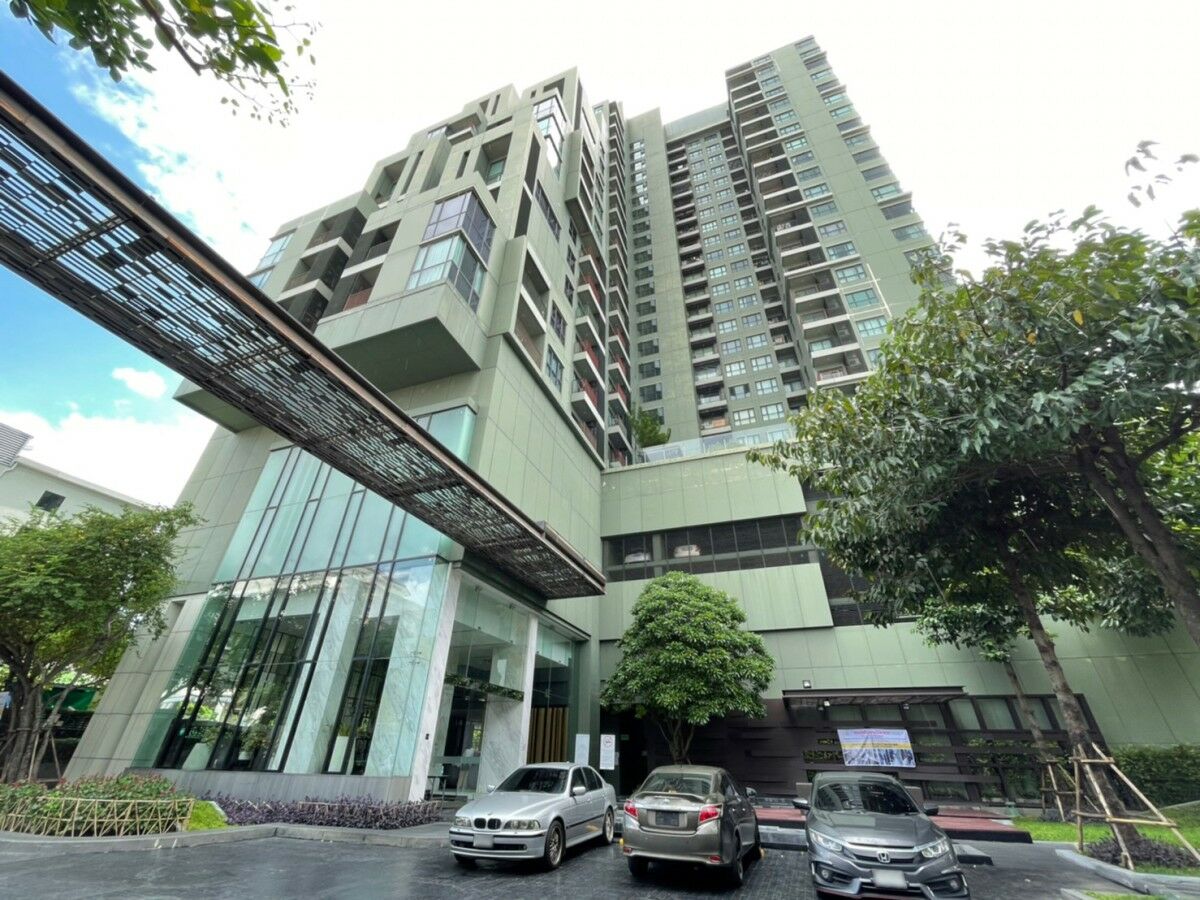Dream homes for less: Thai govt rolls out affordable housing project

Thais earning under 50,000 baht per month are being offered a golden opportunity to own a home in the city through the government’s “Baan Pheu Khon Thai” (Homes for Thais) initiative, with registration set to open on January 20.
The project, announced by Transport Minister Suriya Juangroongruangkit, aims to provide affordable, fully furnished housing near urban centres, leveraging land owned by the State Railway of Thailand (SRT). Mortgage payments will start as low as 4,000 baht per month.
Four pilot locations have been selected for this ambitious scheme: Bangkok’s Chatuchak district, Pathum Thani’s Chiang Rak area, the vicinity around Thonburi Railway Station in Bangkok, and Chiang Mai’s Mueang district.
Home options include single-storey houses featuring 50 square metres of living space, two bedrooms, one bathroom, a living room, a washing area, and parking for up to two cars. For condominium buyers, choices range from one-bedroom units at 30 sqm to two-bedroom units at 51 sqm.
Models and designs of the homes will be showcased at Krung Thep Apiwat Central Station in Bangkok, with Prime Minister Paetongtarn Shinawatra set to visit the display on January 17 to ensure project readiness.

Eligible applicants must be Thai nationals earning less than 50,000 baht monthly and must not have previously owned a home. Registration can be done online via www.บ้านเพื่อคนไทย.th or at the Government Housing Bank (GHB) booth at Krung Thep Apiwat Central Station.
Participants will be entered into a lottery system, and winners will need to confirm their purchase by the given deadline. Strict conditions apply: buyers may not sell, transfer, or rent out their property for five years after registration, reported The Nation.
This project promises a fresh start for low-income families, combining affordability with quality urban living.

In related news, a survey by DDproperty last year revealed that young people are increasingly opting to rent homes rather than buy them due to high prices and insufficient savings. Concerns about managing financial liquidity in an uncertain economy also play a significant role in this trend.
Latest Thailand News
Follow The Thaiger on Google News:


























